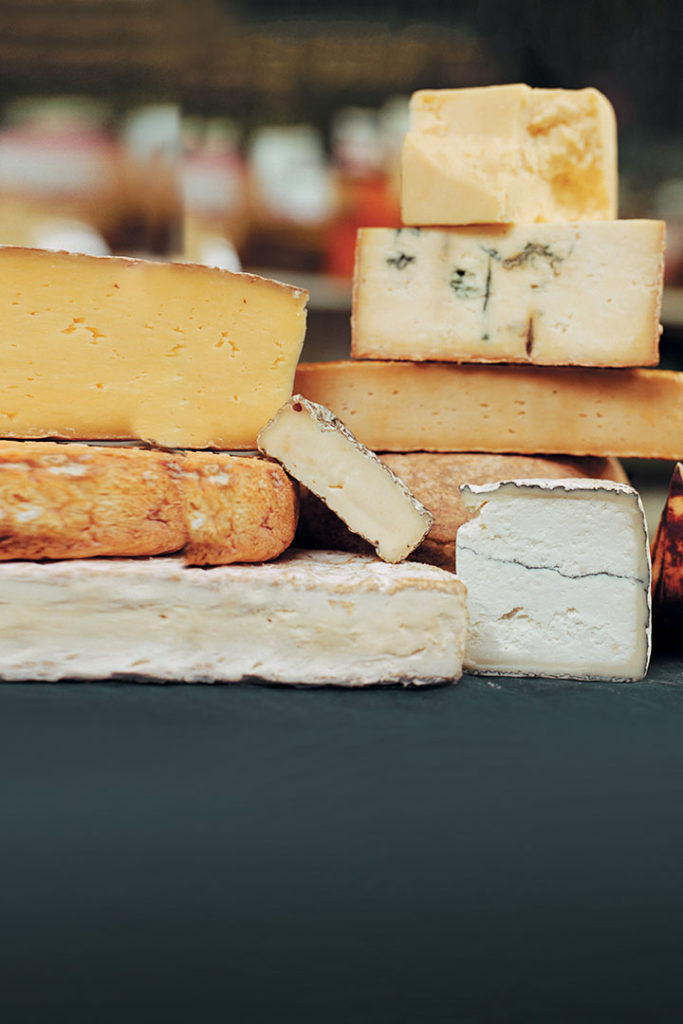To make cheese at home, it’s best to get full-cream, antibiotic-free milk directly from a farmer. You can get certified raw milk from Irene Dairy Farm (irenefarm.co.za), or strike up a relationship with your nearest dairy farmer. To make your own soft cheese, you need to warm the milk and add lactic acid bacteria and cultures to sour the milk. Rennet is added to coagulate the milk before cutting up the coagulum and pouring it through a sieve to drain the whey. The curd is put into a mould to be pressed, which you can do by placing a wooden cutting board and a heavy bucket of water on top of the mould. Some cheese, like feta, isn’t pressed. The cheese is then salted and matured at around 12°C for anything from six weeks to 18 months, depending on the kind of cheese.
PROS? You can make cheese easily in your kitchen, because it doesn’t take up much space.
CONS? If there are antibiotics in the milk, it won’t coagulate. Organic milk all the way!
SETTING IT UP: To start, you need a double boiler from a kitchenware company, a plastic spoon, knife, a thermometer, cultures, rennet and a cheese mould.
INSIDER TIPS? Joan Berning, owner of dairy equipment company, Finest Kind, says, “Make detailed notes of the cheese process every time you make cheese, so you can learn where you went wrong (or right!)”
GET STARTED: Visit finestkind.co.za for a starter kit that includes moulds, cheesecloth, rennet and cultures. It will cost between R500 and R6 000.

